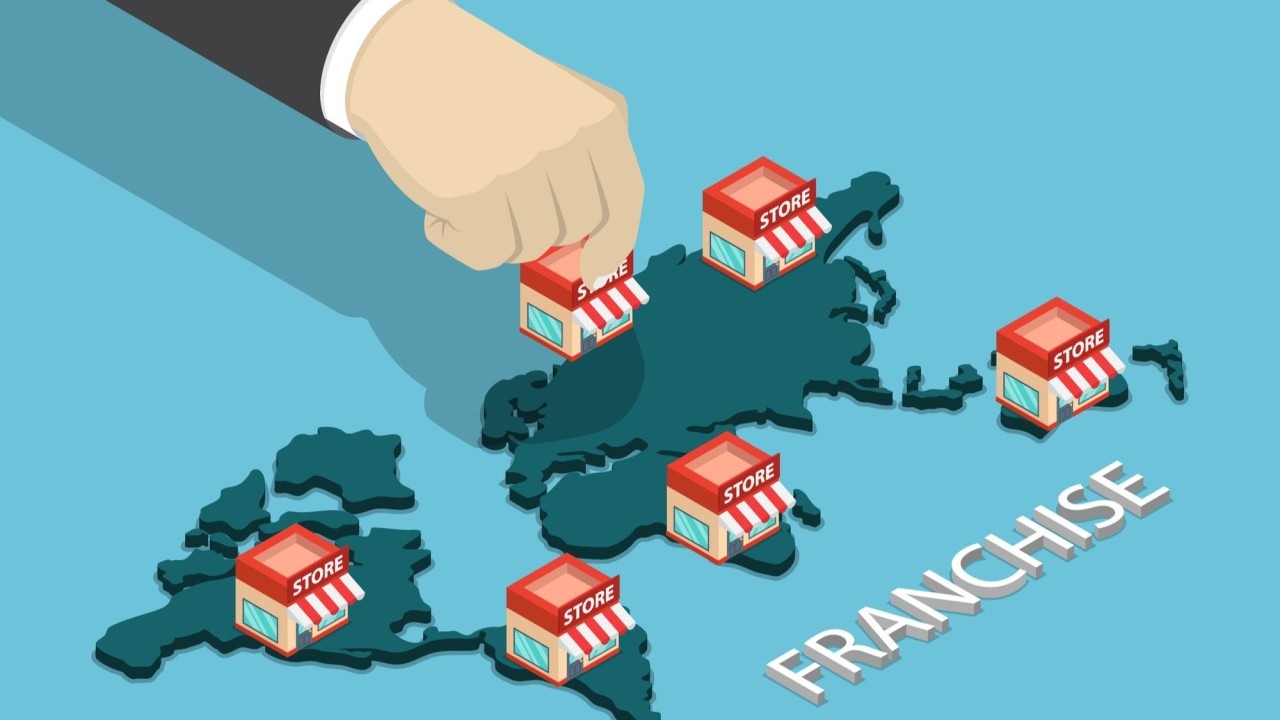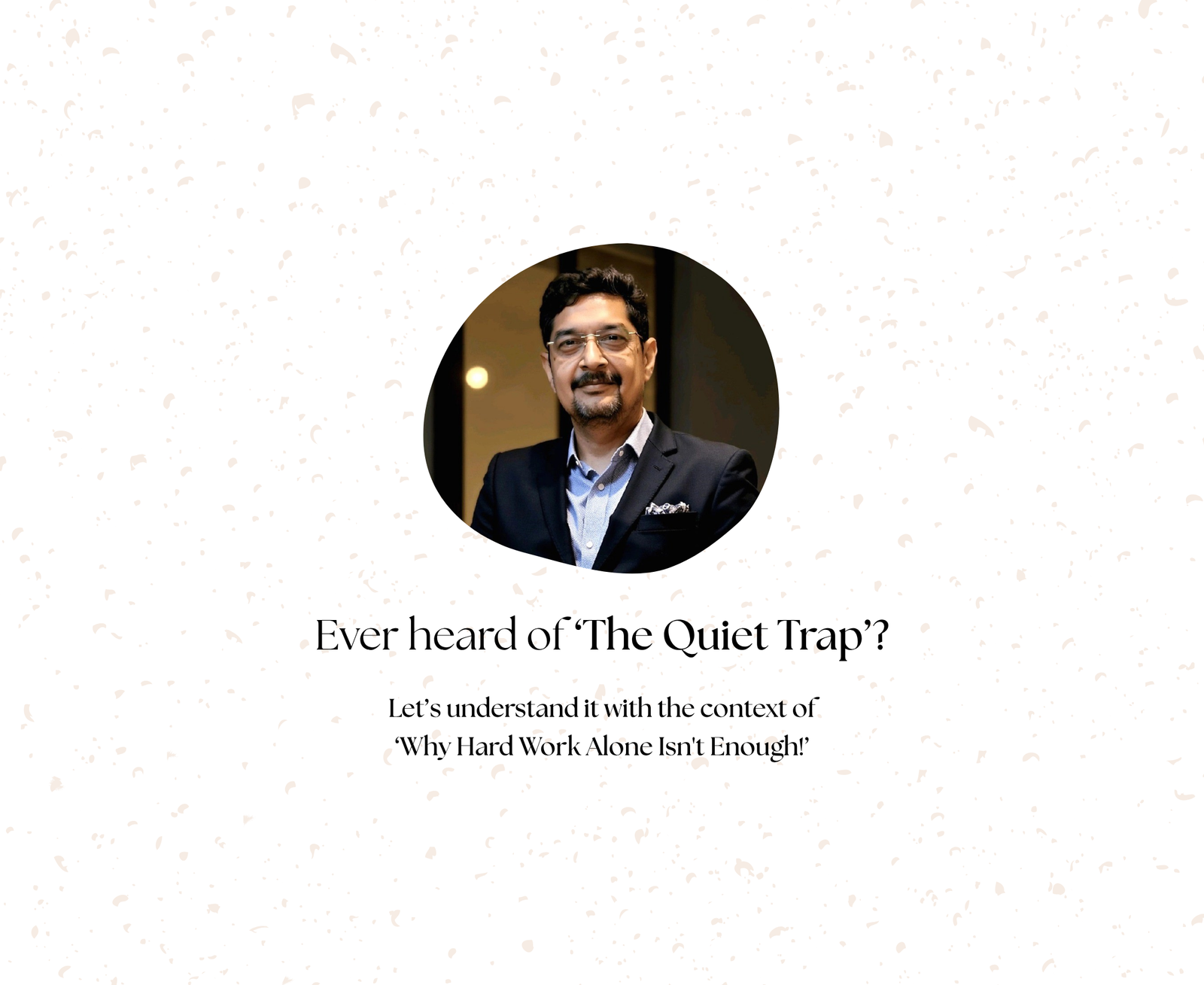The Franchise Frenzy
Updated: May 14, 2025
Is It Helping or Hurting Startups?

In recent years, India’s startup ecosystem has witnessed an aggressive shift—young businesses, barely a few months old, are jumping into franchising. While franchising is an excellent strategy for established brands looking to expand, its increasing adoption by new and untested startups raises a crucial question: Is this a smart move, or is it setting up businesses and investors for failure?
Why Are Startups Rushing into Franchising?
Franchising offers an appealing shortcut to rapid expansion. Startups can quickly scale without needing significant capital investment, as franchisees bear the cost of setting up new outlets. This also helps in spreading brand presence across regions at a pace that would be impossible with traditional expansion. Additionally, potential investors are often drawn to startups that show aggressive growth through franchising, increasing their chances of raising funds.
However, the rush to sell franchises before proving business sustainability has its risks. Many startups use franchising as a quick revenue model, earning from franchise fees rather than from actual business operations. This short-term approach can lead to disastrous consequences.
The Dark Side: Is It Ruining Investor Money?
While franchising is a proven model for brands like McDonald's and Subway, not every startup is ready for this leap. Some businesses, despite having no strong customer base or proven profitability, aggressively sell franchises to eager entrepreneurs. The issue? When the brand itself is struggling, franchisees face losses, leading to shutdowns and legal disputes.
Several such cases have emerged where investors pumped in money based on expansion plans, only to see the franchises collapse within months. This not only leads to financial losses but also damages the reputation of the brand and creates skepticism among future investors.
Impact on the Startup Ecosystem
This overenthusiastic franchising trend is also affecting the overall startup ecosystem. When multiple startups fail due to premature franchising, it discourages new entrepreneurs and investors from taking risks. Trust in the startup culture diminishes, making it harder for genuine businesses to raise funds and scale effectively.
Moreover, markets become overcrowded with similar business models, leading to increased competition without any brand differentiation. This saturation further drives down the chances of success for startups that could have thrived with a more strategic approach.
Should Startups Focus on Credibility First?
Successful brands like Biryani By Kilo, Wow! Momo, and Chai Point spent years perfecting their business before entering the franchise market. These brands focused on product quality, customer satisfaction, and brand recognition before scaling.
Startups today should take the same approach—prioritizing credibility over rapid expansion. Instead of aggressively selling franchises, they should first:
✅ Strengthen their core business model.
✅ Build a loyal customer base.
✅ Ensure profitability in existing outlets.
✅ Test and refine operational efficiency.
The Right Approach to Franchising
Franchising is not inherently bad; when done correctly, it can lead to tremendous success. However, startups must realize that premature franchising without a solid foundation is a recipe for failure. The right way to scale is through credibility, operational stability, and long-term vision.
For investors and aspiring entrepreneurs, it’s crucial to evaluate franchise opportunities carefully—because a flashy brand today might be a failed business tomorrow.
What’s your take? Should startups franchise early or wait until they establish credibility? Drop your thoughts in the comments! 🚀
#StartupGrowth #Franchising #BusinessSuccess #Entrepreneurship #InvestWisely
Recent Posts See All

The Quiet Trap!
0 0

The Leadership Trap.
0 0

Need a Higher Org Chart Title to Lead?
0 0
